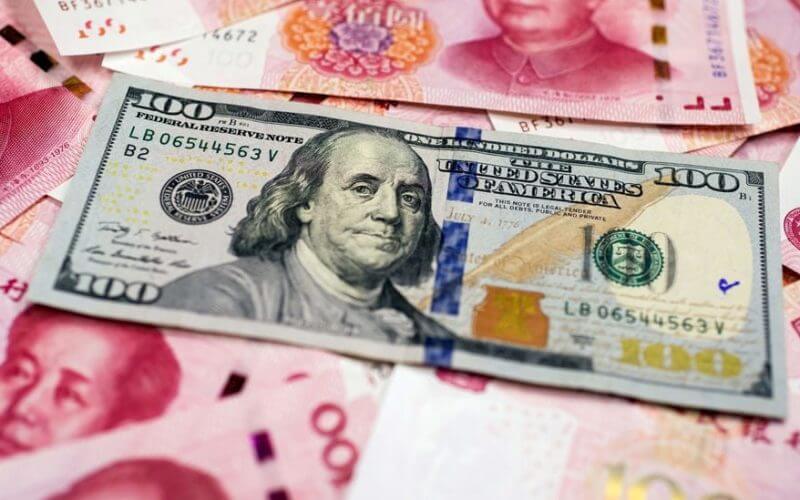By: Nick Pope, Daily Caller News Foundation
China’s announcement that it will implement export controls on two specific minerals could have drastic and far reaching consequences for American consumers as geopolitical tension between Washington and Beijing mounts.
Chinese officials announced export limits on germanium and gallium Monday after U.S. officials opted in October 2022 to impose restrictions on the export of advanced computer chips to China. The Chinese export limits could spike prices for consumers in the U.S. as the two minerals are essential for manufacturing high-speed computer chips, military equipment, solar panels, fiber optic cables and other key technologies, according to CNBC.
The two minerals are essential to almost all modern technology that utilizes optical or radio components, and many of these devices would not be able to operate without the minerals, according to Electropages. A substantial reduction in the available global supply of the minerals could make the goods that depend on their availability more expensive for consumers.
Fears are mounting that China may escalate its export controls to include other strategically valuable rare earth minerals as the relationship between Beijing and Washington continues to sour, according to Forbes. Manufacturers commonly use other strategically important rare earth minerals to produce smartphones, electric vehicles and wind turbines, according to Reuters.
If China continues to leverage its rare earth mineral supply dominance in escalating fashion, electronics will become more expensive for U.S. consumers, according to Electropages. Beyond price increases, China’s decision to leverage its supply dominance may also elongate supply chains, negatively affecting production timelines and the availability of key components, according to Electropages.
U.S. manufacturers may eventually have no choice but to discontinue certain product lines if they are unable to access the necessary rare earth minerals in the event of further escalation, according to Electropages.
The U.S. would either have to warm up to the idea of buying the minerals from China, or seek to open its own rare earth mineral mines for sourcing, according to Electropages. Western mines would have to account for high labor costs and comparatively stricter regulation by increasing the price of the extracted minerals, which in turn would make electronics more expensive for Western consumers, according to Electropages.
China limited exports of rare earth minerals to Japan in 2010 amid a territorial dispute, according to Reuters. China claimed at the time that environmental concerns drove the decision to restrict rare earth mineral exports, and the sudden restrictions led to a significant global price spike for the minerals, according to Reuters.
China produces about 60% of the global germanium supply and approximately 80% of the world’s gallium, according to Reuters. Germanium consumption increased 10% in 2022 relative to 2021, according to Reuters, and China exported 25% more gallium in 2022 than it did in 2021, according to International Netherlands Group.
China mined about 70% of global rare earth minerals extracted in 2022 and has approximately 85% of the world’s processing capability within its own borders, according to Reuters. Even though there is a limited degree of rare earth mining in the U.S., the extracted minerals often are sent to China for processing since there is no domestic refining capacity.
Related Story: U.S. Says it Opposes Export Controls by China on Metals, Will Consult Allies









